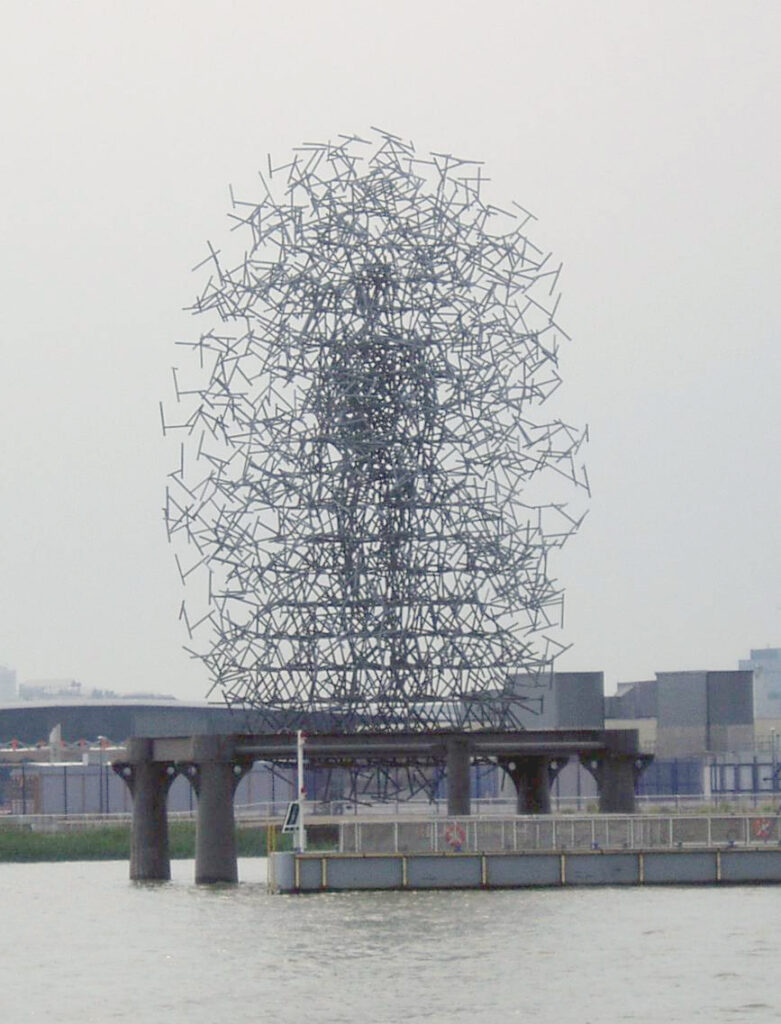Your cart is currently empty!

Science and the Arts

“Science begins with the world we have to live in, accepting its data and trying to explain its laws. From there, it moves towards the imagination: it becomes a mental construct, a model of a possible way of interpreting experience. The further it goes in this direction, the more it tends to speak the language of mathematics, which is really one of the languages of the imagination, along with literature and music. Art, on the other hand, begins with the world we construct, not with the world we see. It starts with the imagination, and then works towards ordinary experience: that is, it tries to make itself as convincing and recognizable as it can. You can see why we tend to think of the sciences as intellectual and the arts as emotional: one starts with the world as it is, the other with the world we want to have. Up to a point it is true that science gives an intellectual view of reality, and the arts try to make the emotions as precise and disciplined as sciences do the intellect. But of course it’s nonsense to think of the scientist as a cold unemotional reasoner and the artist as somebody who’s in a perpetual emotional tizzy. You can’t distinguish the arts from the sciences by the mental processes the people in them use: they both operate in a mixture of hunch and common sense. A highly developed science and a highly developed art are very close together, psychologically and otherwise.”
Northrop Frye, 1963 Massey Lectures ‘The Educated Imagination.’
Essays and papers on Science and the Arts (18)
Making Literature, Science – and Love?
Catalogue essay for the exhibition Il Buco (The Hole), Rome, 2006
The Illusion Behind the Illusion: The Work of Madelon Hooykaas and Elsa Stansfield
On Science and Aesthetics (Catalogue essay for Cross Sections)
Catalogue Essay for David Andrew
Art Meets Science and Spirituality in a Changing Economy: From Competition to Compassion
Art, Science and Consciousness
The Alchemy of Creativity: Art, Consciousness and Embodiment
Nature Morte: Inscape, Perception and Thought
